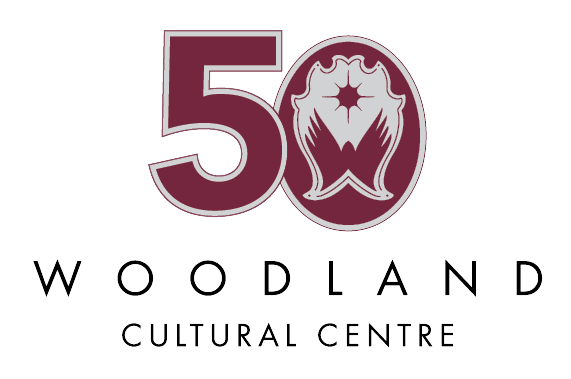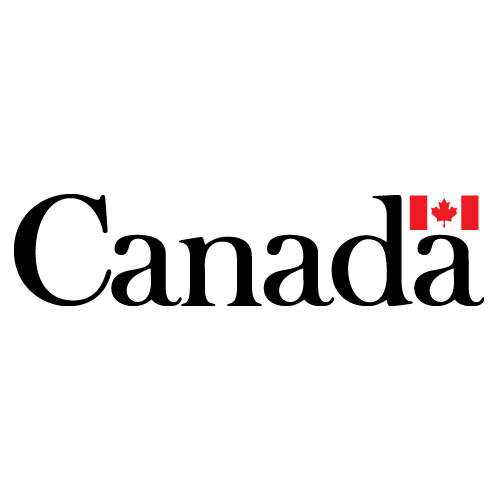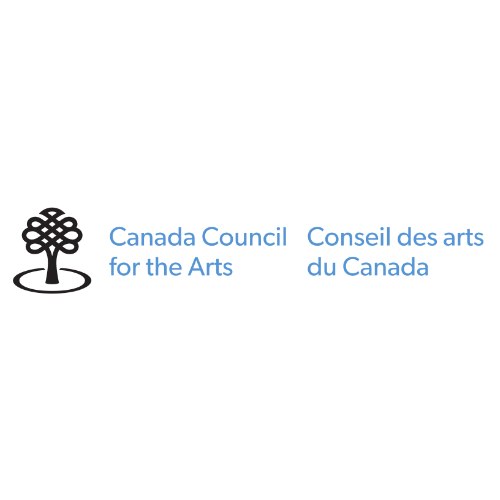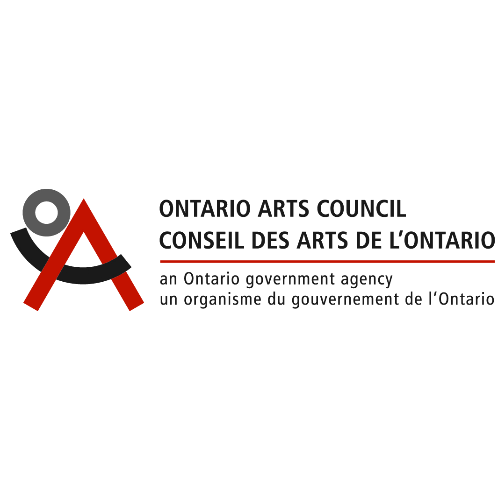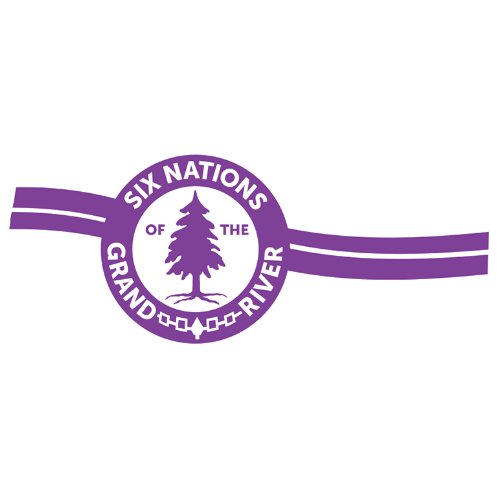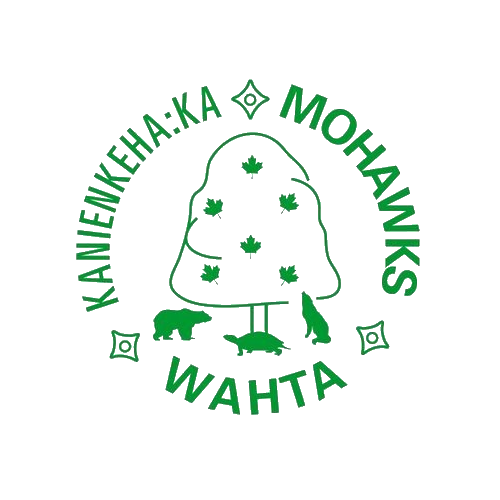UnReZerved (February 25 – May 2, 2017)
Authoritative constructions of geographic documents such as maps, are often represented as bordered and contained. This makes it difficult for non-Indigenous people to conceptualize borders as transforming over time; not that they do not exist, but that they transform in relation to multiple fields of engagement and cultural contexts. Geographic borders also work to distance us from one another, especially in terms of national boundaries, which in turn create nationalities: peoples defined within those territorial borders. At the same time, these geographic boundaries can be important defining features of a community. “UnReZerved” includes subject matter of creation stories, legends, significant reference marks for cultural significance, traditional place names, negotiations with the government, and commodification of natural resources. All of these features lead to a better understanding of the treaty process that is currently in effect, “as long as the sun shines, the rivers flow, and the grass grows”.
In this exhibition, the viewer is ‘UnReZerved’ to explore visual storytelling that challenges our acquired and sometimes preconceived personal knowledge. Perusing subject matter of the artists and understanding the forces of assimilation from each of their collective treaty boundaries, the experience can educate and better inform viewers. The complexity of this issue is juxtaposed in relation to subject matter from the three Traditional Schools of Art – Inuit, West Coast and Woodlands style art. Common themes of natural and supernatural connections do not delineate far from one another. The noticeable difference is usually represented in the style or technique. West Coast style is often created in a Totemic style. Inuit style art is largely created from printmaking. Woodlands style often replicates “X- Ray” stylized paintings. In this exhibit, we should find new inspiration through historical and contemporary visual storytelling created by the original inhabitants of this land. Forward thinking, allows a better understanding and a respectful opportunity for a cultural sharing of knowledge that would include reciprocal learning without prejudice as a basis of new understanding.
